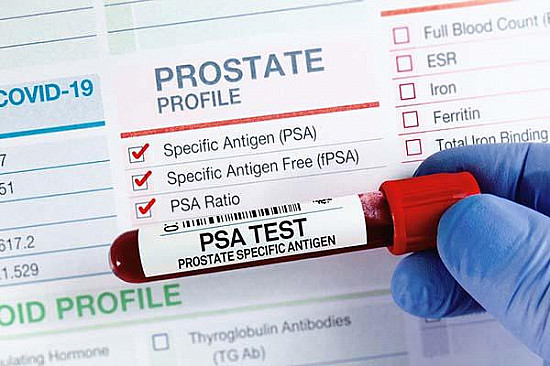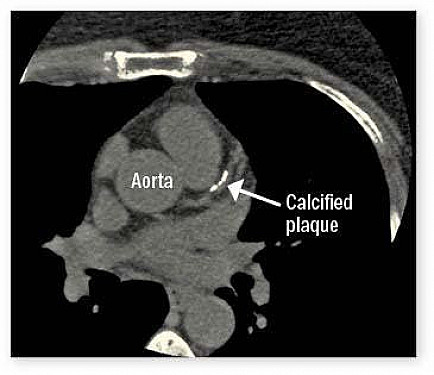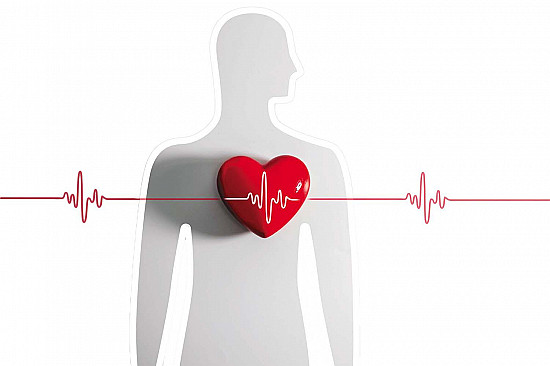What is heart rate variability?
Ask the doctor

Q. In last month's Heart Letter, you described some of the ways your heart rate reflects your health. But I've also heard about another measurement, called heart rate variability. Can you explain what that's all about?
A. Heart rate variability (HRV) is a sophisticated measurement of the variation in time between each heartbeat. We know that a heart rate that's too slow, too fast, or irregular can signal a problem, so it's only natural to think that a steady, regular pulse is a sign of a healthy heart. And you might also assume that having little or no difference in the time between each beat (that is, a low HRV) is best.
But the opposite is actually true. A highly variable heartbeat means that the interval between beats fluctuates, although only by a fraction of a second. For example, if your heart rate is 60 beats per minute, instead of one second between beats, you'd have 0.8 seconds between some beats and 1.2 seconds between others.
According to several studies, high HRV seems to signal a healthy heart, because it reflects the heart's ability to respond quickly to rapid changes occurring throughout the body. HRV is actually a reflection of your autonomic nervous system rather than your heart. This primitive part of your nervous system works on autopilot, regulating your heart rate, breathing, blood pressure, and digestion. There are two parts: one governs the stress (fight-or-flight) response. The other controls the relaxation (rest-and-recovery) response.
In a healthy person, HRV should increase when your heart rate drops, as it does during relaxing activities such as reading or meditating. HRV decreases as the heart rate rises, such as when you exercise or are under stress. In fact, it changes constantly, both throughout the day and from day to day. But chronic stress, poor sleep, lack of exercise, and an unhealthy diet can disrupt the balance, and your fight-or-flight system can shift into overdrive.
Perhaps not surprisingly, low HRV is associated with an increased risk of cardiovascular disease. People with high HRV, on the other hand, tend to have higher fitness levels and be more resilient to stress. However, there isn't a recommended HRV value because it varies widely, depending on your age, sex, fitness level, medical history, and genetics. Many smart watches and wearable health monitors feature programs that measure HRV, though it's not clear just how accurate or reliable these readings are. But for some people, tracking their HRV may motivate them to make healthy lifestyle changes. In general, the greater your degree of physical fitness, the more variable the heart rate is.
— Deepak L. Bhatt, M.D., M.P.H.
Editor in Chief, Harvard Heart Letter
Image: © mkurtbas/Getty Images
Disclaimer:
As a service to our readers, Harvard Health Publishing provides access to our library of archived content. Please note the date of last review or update on all articles.
No content on this site, regardless of date, should ever be used as a substitute for direct medical advice from your doctor or other qualified clinician.















